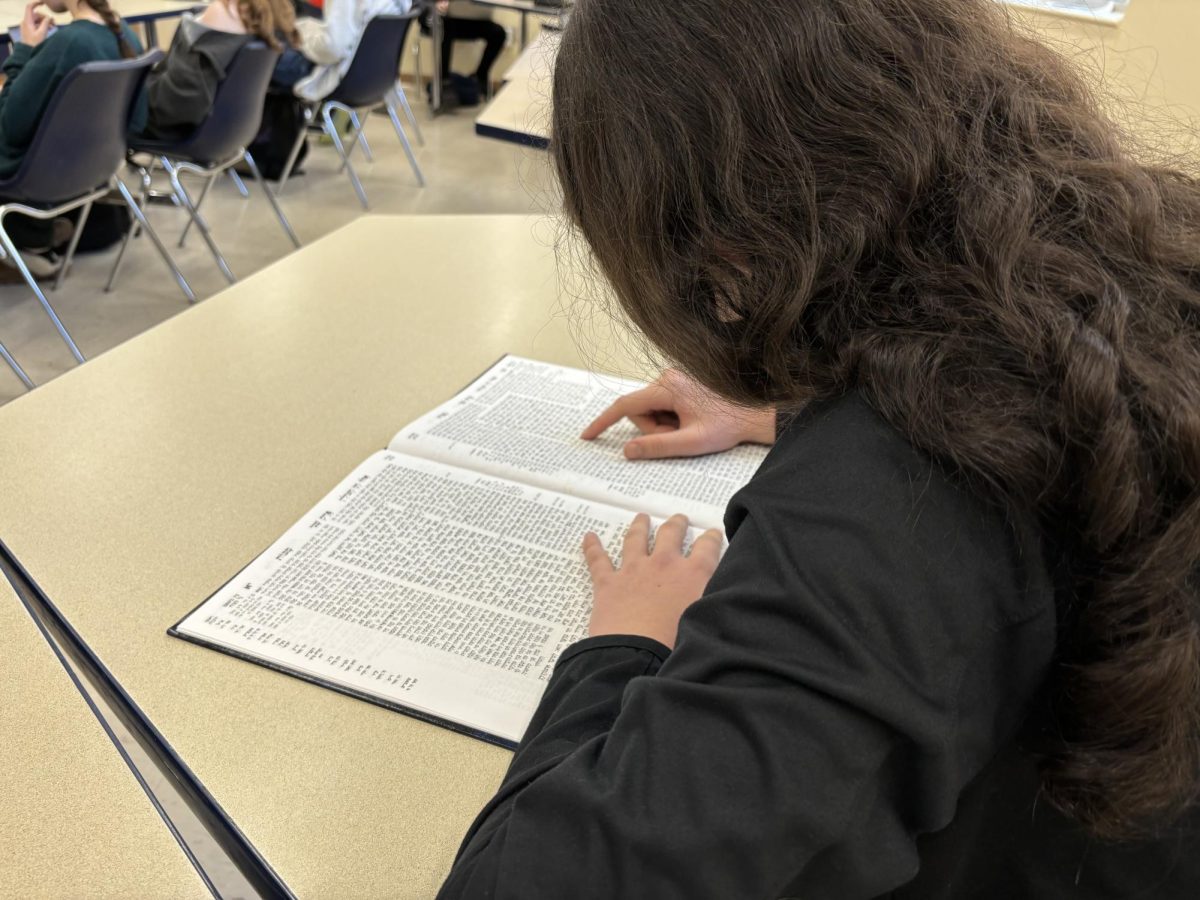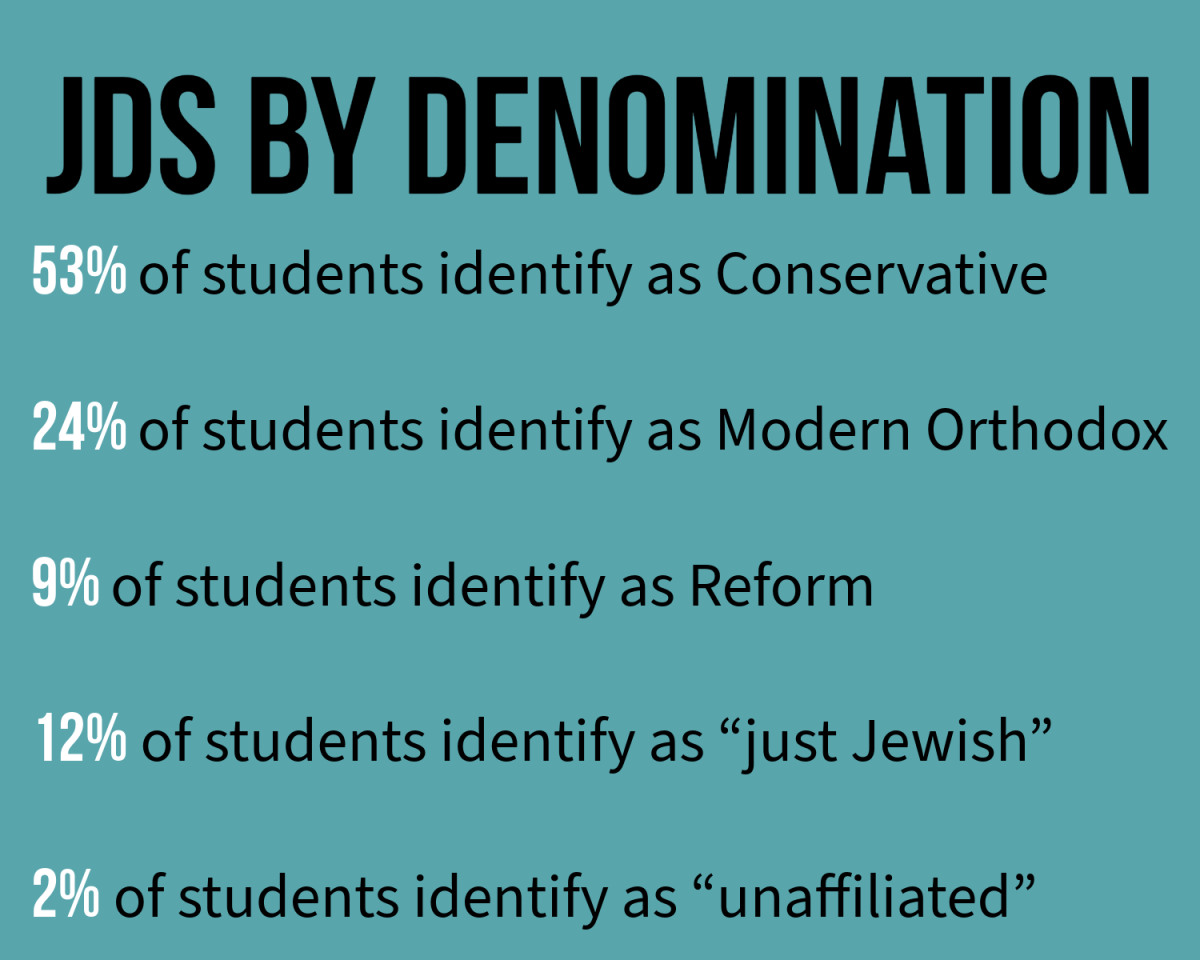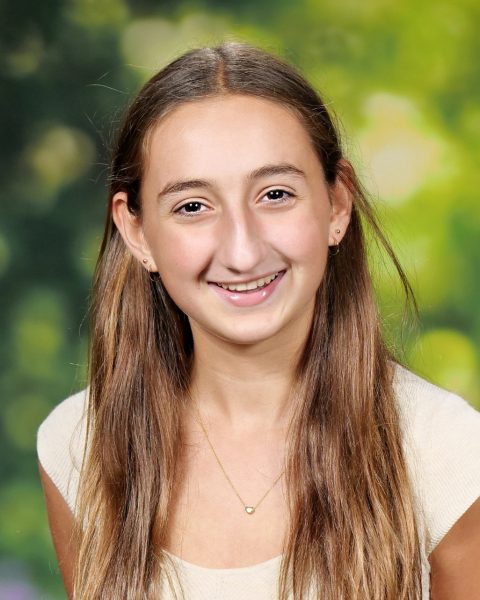As I sat in my final Politics in the Age of Kings class last year, I looked back at all the knowledge I had gained and the memorable experiences I had. As I thought about my options for this year I was disappointed to find that any additional Tanakh classes I would take would have to come at the expense of other elective classes.
Tanakh is an acronym that refers to the books of the Hebrew bible including Torah, Nevi’im and Ketuvim. It typically involves text study, however there are different ways to study the subject.
While many students take Talmud classes and other Jewish text electives, currently, CESJDS only requires students to take one semester of a Tanakh class in high school, Politics in the Age of Kings, which is offered only during Freshman year.
While I recognize that it is difficult to add an extra requirement to the already rigorous curriculum, students are already required to receive a certain amount of Jewish studies credits. Making this requirement specific to Tanakh classes would not necessarily disrupt the schedule.
Tanakh is the foundation of many other subjects studied at JDS. Both the Hebrew language and the foundation of Jewish history originate with the Tanakh. Tanakh is a text based class that would allow students to further their text and language skills. Additionally, Judaism draws its customs and laws from the Tanakh itself, and it is the source of the Jewish people’s connection to the land of Israel. As a foundation of core subjects and values at our school, it needs to be a top priority.
According to Jewish Text Department Chair Grace McMillan, offering Tanakh classes becomes difficult because demand and interest is often higher for other Jewish classes. But I believe that a requirement of these classes would ensure that Tanakh electives would have enough students to run each year.
As a pluralistic Jewish day school JDS commits itself to providing an inclusive environment for all students’ Jewish backgrounds and practices. For some, the study of the Tanakh is the center of their Jewish identity. Having to sacrifice other non-Jewish elective classes for something that is already assumed to be necessary feels unfair.
As someone with diverse academic interests, I have limited time in my schedule for extra electives. Because I chose to take Talmud, any other Jewish text classes that I could take would have to replace one of my elective blocks. With an additional language and two sciences, I do not have the chance to take a Tanakh class. Having to choose between Judaic studies and secular classes is an uncomfortable choice that I should not have to grapple with at a Jewish day school. Many of my friends share this struggle as well.
JDS middle schoolers are required to take a Tanakh class every year, but when these students get to a higher level of learning in high school, they should be able to look at texts more in-depth and develop their skills. So, dropping the requirements for these classes in high school seems counterproductive, as students are unable to build off their Tanakh analysis skills, and develop these skills further.
Similarly, students who come to JDS high school from non-Jewish middle schools have often not received an education in Tanakh. With no Tanakh requirements past one semester, these students may never have the opportunity to if they don’t want to sacrifice an elective spot. This will inevitably take away from their text knowledge.
In the Hayidion Journal, a semi-annual magazine published by Prizmah: Center for Jewish Day Schools, Sharon Freundel, the managing director of the Jewish Education Innovation Challenge (JEIC), wrote an article about the importance of Tanakh classes in modern educational settings.
“Community day schools have no better way to instill knowledge of and commitment to our Jewish heritage than to engage students in the study of the ancient texts of Torah, Nevi’im and Ketuvim that we all share,” Freundel wrote in her article.
Community Jewish day schools across the country which are similar to JDS, require Tanakh classes, such as Community Hebrew Academy of Toronto and Beth Tfiloh Dahan Community School (Baltimore, MD). These schools share similar values of balancing secular education and Jewish studies that JDS holds, so it would seem reasonable to expect the same of JDS.
Requiring Tanakh classes would help strengthen the Jewish text curriculum at JDS. It is essential to our school to incorporate Tanakh into our academic options to ensure this knowledge is transferred.















